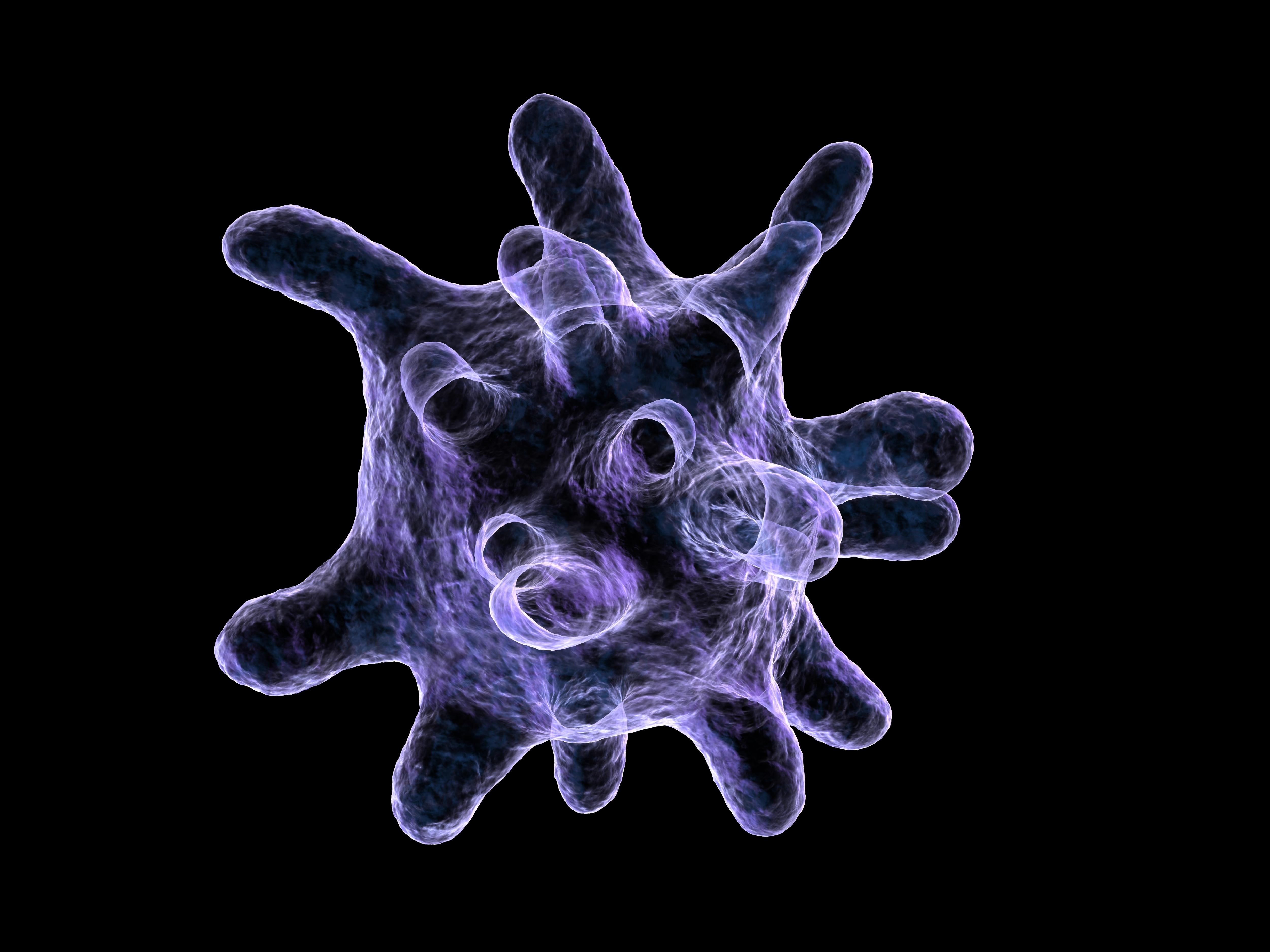CF Inflammation May Not Be Result of CFTR Mutation
Written by |

A recent study in the American Journal of Critical Care Medicine suggested a new therapeutic target for cystic fibrosis (CF), and reinforced the idea that inflammation is an acquired response unrelated to the CFTR genetic mutation. The study is titled “X-Box–Binding Protein 1 and Innate Immune Responses of Human Cystic Fibrosis Alveolar Macrophages.”
CF is an airway disease characterized by a chronic and robust inflammatory state. In CF airways, two faulty copies of the CF transmembrane conductance regulator (CFTR) gene result in an abnormal airway surface liquid hydration, adherence of thickened mucus to airway surfaces, and persistent airway infection leading to chronic inflammation. However, whether certain CF symptoms are caused by the mutation or if the genetic defect precedes, but does not directly lead to, some of the worst symptoms patients face, is still a controversial issue.
“By studying alveolar macrophages, which provide our airways with a crucial defense against pathogens, we are able to more fully understand the larger picture of CF symptoms and continue progress towards targeted treatment for patients,” Dr. Carla Ribeiro, the study’s senior author and an associate professor of medicine at the UNC Marsico Lung Institute/Cystic Fibrosis Research Center, said in a news release.
Alveolar macrophages (AMs) represent the body’s first line of defense against inhaled pathogens, including Pseudomonas aeruginosa, via phagocytosis and secretion of inflammatory mediators. Persistent activation of AMs without resolution of infection, however, could lead to lung damage.
To evaluate the inflammatory responses of AMs, the team harvested these cells from human CF lungs and healthy lungs, and found that CF AMs play a key role in airway inflammation. Moreover, the excess of a protein called XBP-1 in these cells was found to mediate the inflammatory effect of CF AMs.
When researchers stimulated the two sets of AMs, they found that both responded — although the inflammatory response of AMs from human CF lungs was greater than that of AMs from healthy lungs. The team also observed that in both sets of cells, the inflammatory response was paired with the activation of the protein XBP-1, but again, XBP-1 activation was greater in CF lung macrophages.
Using normal AMs, the researchers over-expressed the activated XBP-1 protein and reproduced the hyper-inflammatory phenotype found in CF lungs’ AMs. When they decreased XBP-1 protein levels, a reduction in the inflammatory response was observed.
Based on the results, the team suggested that the XBP-1 pathway is a contributor to the hyper-inflammatory response of CF AMs. As inhibition of CFTR function did not cause a CF-like response in the healthy AMs, the researchers believe that this particular immune response was not directly caused by the CFTR mutation but was, instead, acquired.
“Our work has shown that the alveolar macrophage plays a key role in the pathogenesis of CF airway inflammation,” said Dr. Ribeiro. “And that activation of XBP-1 mediates the secretion of inflammatory factors by alveolar macrophages. This is all helping to make a stronger case for why this pathway may be an important target for therapy.”
She further noted that this study could have implications in other airway conditions, such as asthma and chronic obstructive pulmonary disease (COPD).
An editorial comment related to the article said of the findings’ potential therapeutic impact, “Interventions aimed at XBP-1 or other molecules associated with sustaining the proinflammatory phenotype in the CF lung, in combination with antimicrobials and CFTR modulators, may provide improved resolution of infection and inflammation.”






